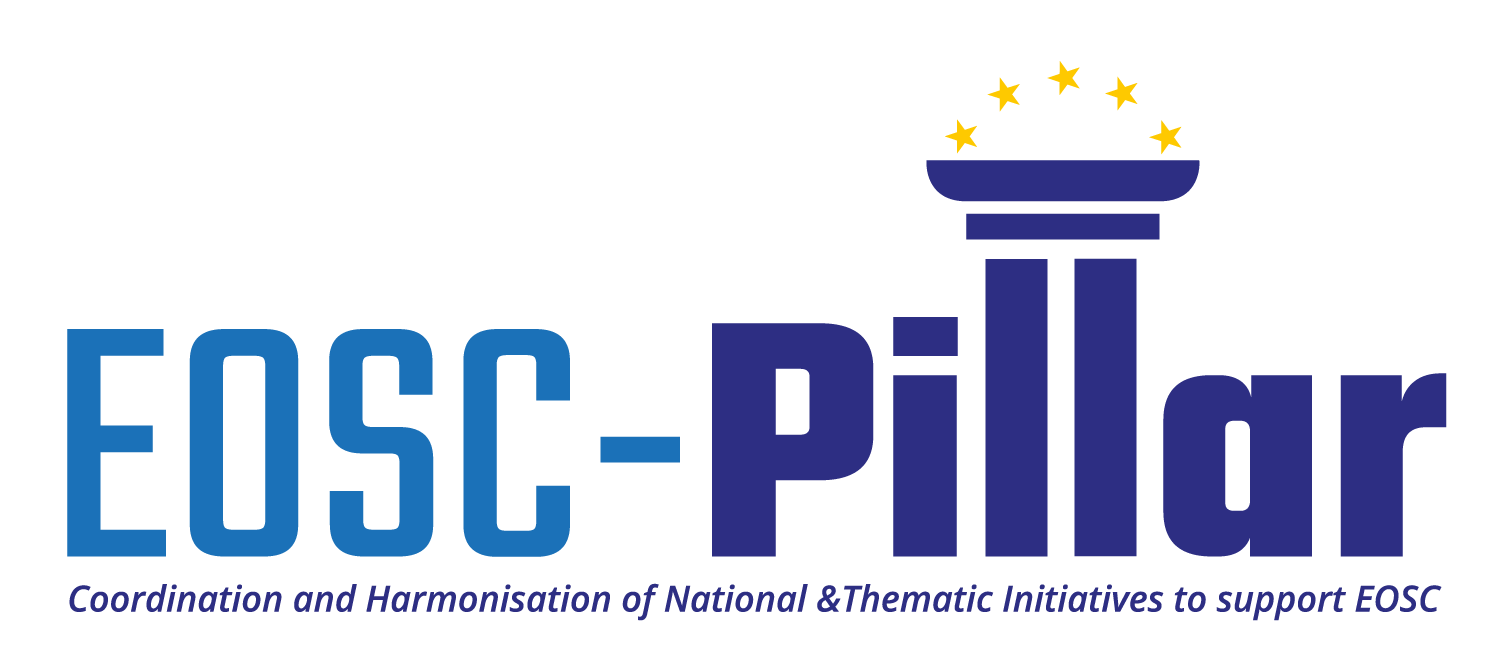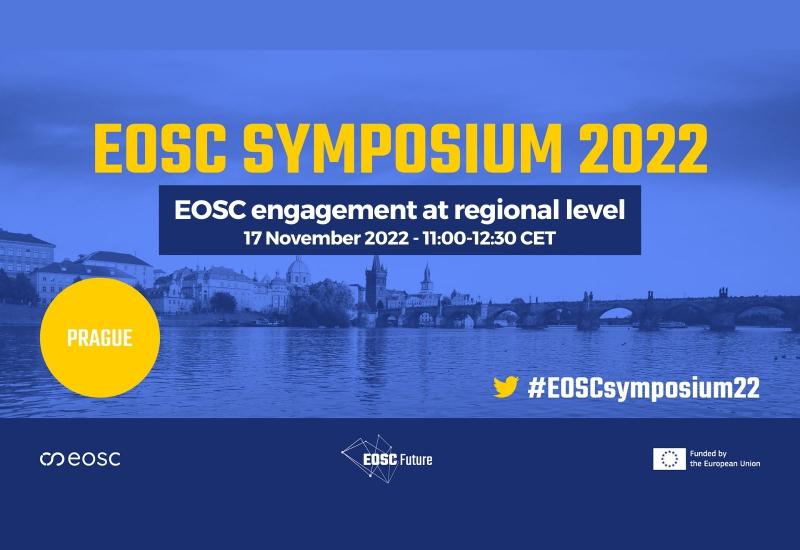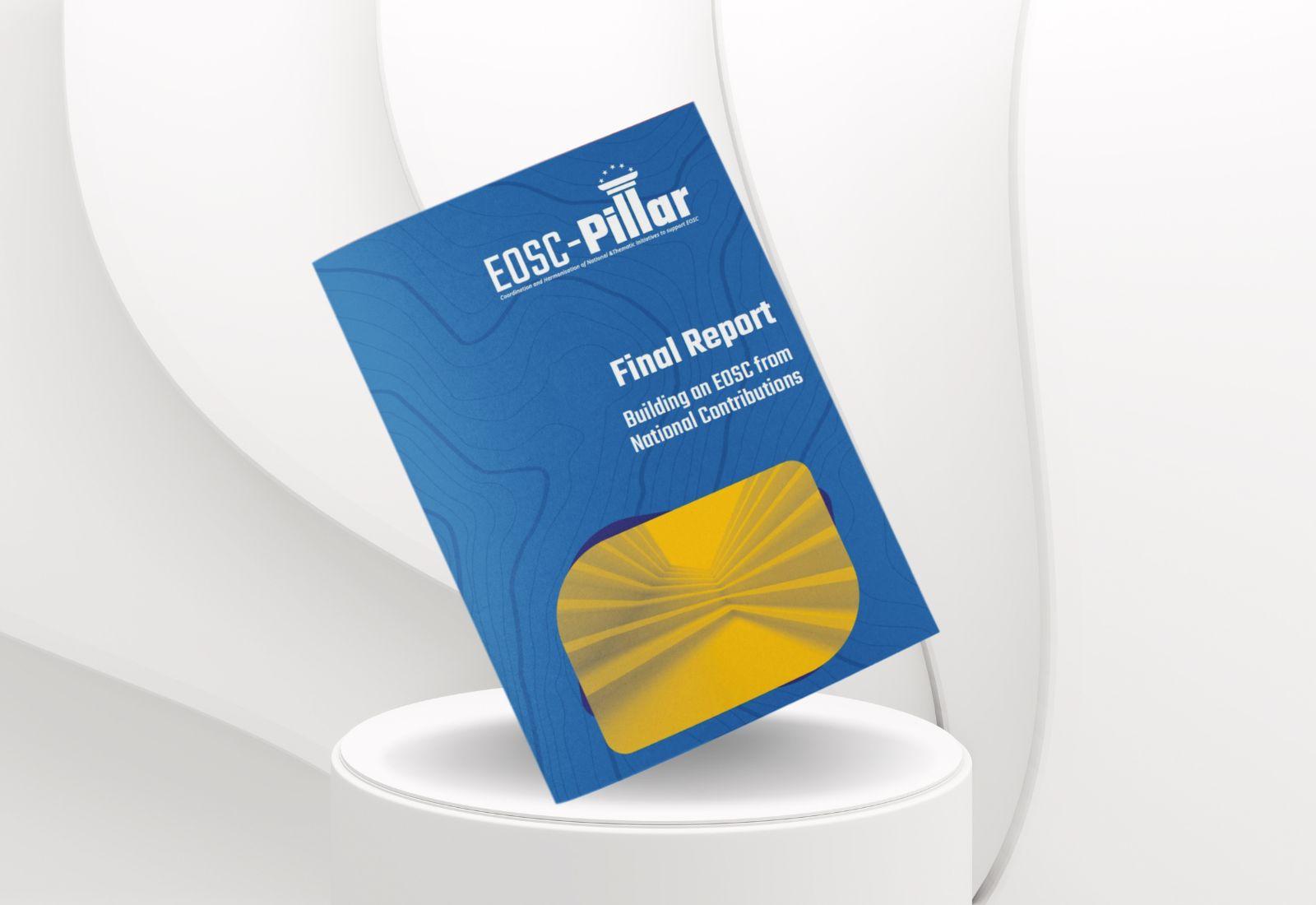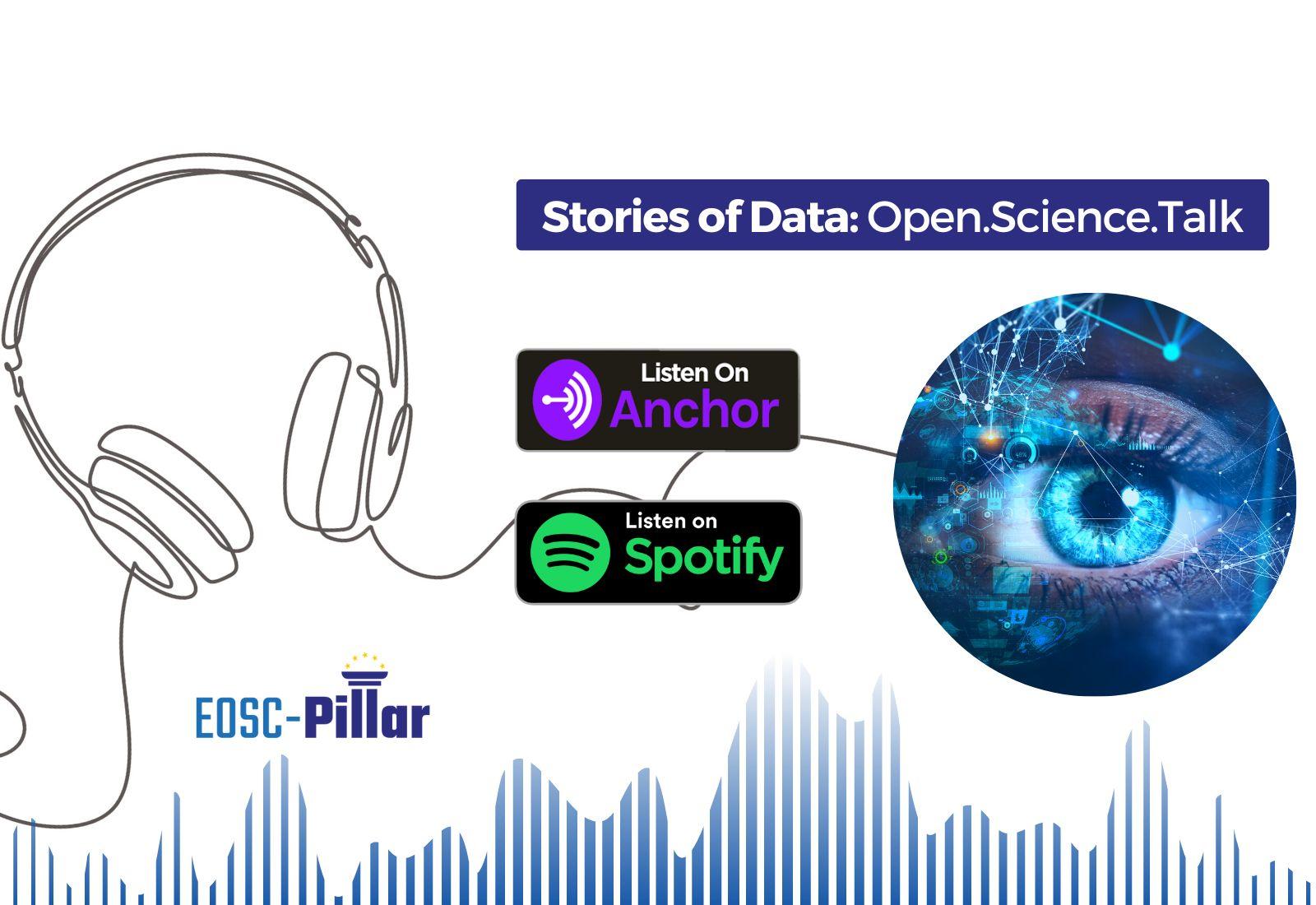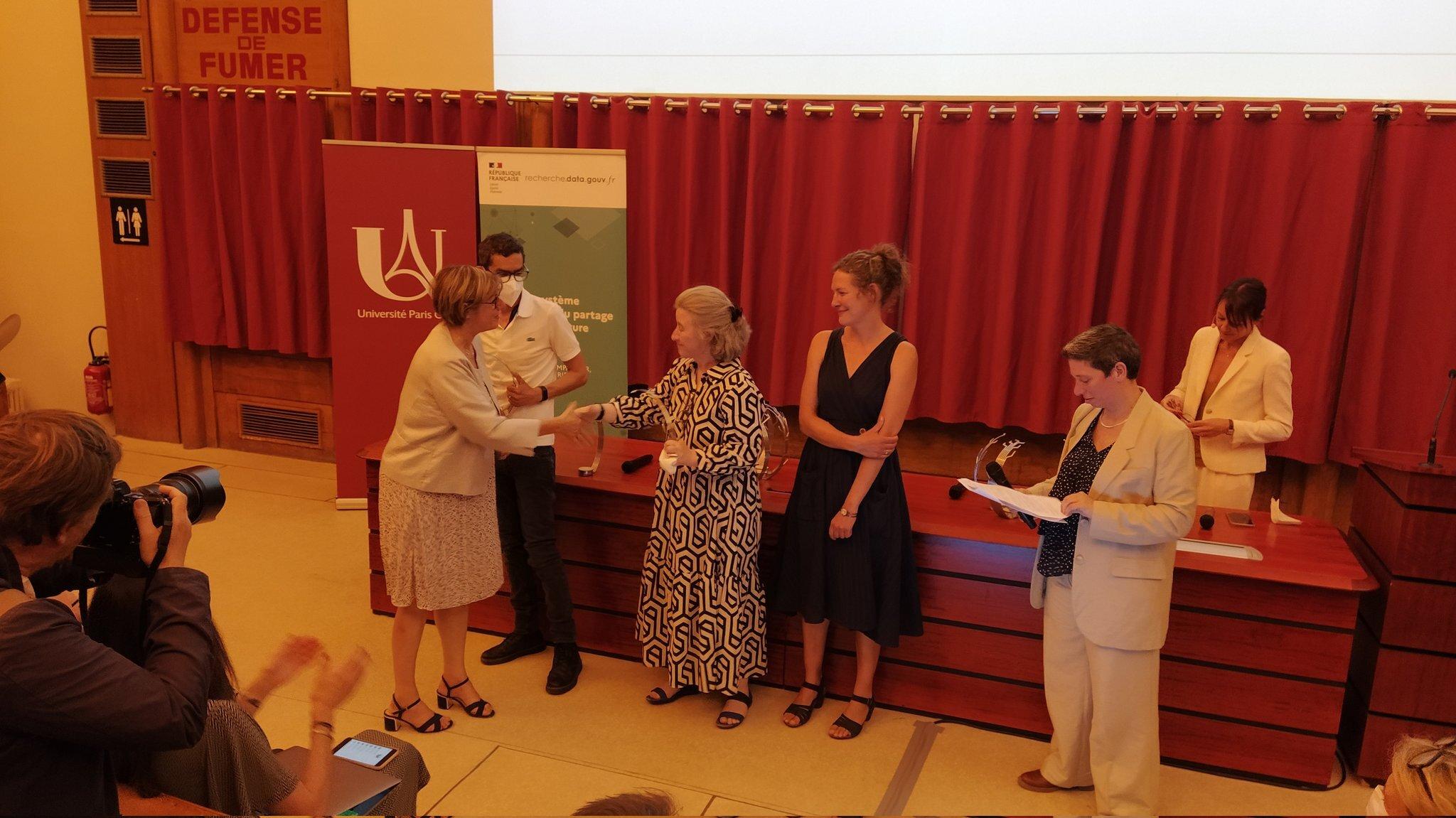
Austria, Belgium, France, Germany, and Italy - Working Towards an EOSC
November
27,
2020
Insight

This article is taken from the EOSC-Pillar First Annual Report, you can download the full report here.
Austria
In Austria, an initiative called “EOSC-Café network” was started by the Federal Ministry of Education, Science and Research and the Austrian EOSC Governance Board member. It aims at integrating national initiatives in the area of open data and services into the EOSC building process. The current focus lies with establishing the EOSC mandated organisation - an ongoing discussion that is fostered within this network.
Also, there are multiple national projects on digitalisation funded by the ministry, which is dealing with aspects of data management, EOSC, FAIR, etc. EOSC-Pillar is also establishing contact with these projects to coordinate efforts in these areas. One example is the establishment of a national “FAIR office” to make data and services FAIR in Austria. Another would be activities to engage stakeholders, especially research infrastructures and researchers, to establish their expectations and needs from EOSC.
Check out the EOSC-Pillar Austria profile
Belgium
After a half a day conference dedicated on EOSC, where the Belgian experts of the EOSC working groups, the Belgian partners in EOSC projects and the different policy levels met, the dialogue continues in a dedicated group, the CIS-CFS working group Open Science. This working group aligns the consultation on Open Science between the Federal Authority and the Federated Entities and will organise consultation between the Belgian mandated organisation in the EOSC association and the regions.
In Flanders, the Flemish Open Science Board (FOSB), established in December 2019 with a dedicated budget, unites all Flemish stakeholders in a shared vision for the future concerning Open Science and EOSC. FOSB will advise policy to fully integrate Flanders into the international Open Science landscape and coordinate Open Science uptake, including infrastructure interoperability and FAIR data. The Flemish research portal (FRIS), giving an overview of research in Flanders, will connect to EOSC. In the Fédération Wallonie-Bruxelles, an Open Science working group advises policy and organises dialogue between stakeholders.
Check out the EOSC-Pillar Belgium profile
France
Several developments are ongoing in terms of Open Science and specifically on the EOSC in France. After the publication of the national Open Science plan, which explicitly includes the participation in the EOSC, in summer 2018, the French ministry of higher education, research and innovation (MESRI)
is now putting in place a Coordination committee for services and e-infrastructures, with a special focus on the EOSC.
As part of this activity, a national working group has been created including the main French EOSC stakeholder organisations and the ministry to advance the coordination of EOSC related activities in France. One of the tasks of this group is to propose the mandated organization for France in the EOSC association. Part of this discussion is to determine whether an EOSC-France association should be created, or whether to mandate an existing organization.
In parallel, a process of identifying the key e-infrastructures in the French computing landscape is ongoing. The goal is to determine national and regional computing and data storing facilities, which are the key elements of the computing and data treatment effort for research and higher education in France. These shall also play a major role in the French participation in the EOSC.
Check out the EOSC-Pillar France profile
Germany
For more than two decades Germany is at the forefront of Open Science in Europe. Most recently with the publication of its strategy paper in 2016 on open access (“Open Access in Germany”), the Federal Ministry of Education and Research (BMBF) backs the objectives towards an Open Access standard. This commitment towards open access and open science is carried forward by the efforts of the large German research organisations, Helmholtz Association, Fraunhofer-Gesellschaft, Leibniz Association and Max-Planck Society, and proven by the growing number of open science policies issued by universities. The latter was clearly shown in the results of the “National Initiatives Survey” executed by EOSC-Pillar which was subsequently used to compile the Final Report by the EOSC Landscape Working Group.
EOSC Pillar has further engaged with the national infrastructures most notably with the national research data infrastructure (Nationale Forschungsdaten Infrastruktur) NFDI. The new initiative is gaining momentum and started to discuss its role in cross-thematic services which will involve EOSC-Pillar. We also reached out to the national network provider DFN and HIFIS - the initiative that aims at building a data-oriented collaborative environment in the Helmholtz association of research centres.
Check out the EOSC-Pillar Germany profile
Italy
In Italy, the national OS community joined forces in ICDI (Italian Computing and Data Infrastructure) a forum created by representatives of major Italian Research Infrastructures and e-Infrastructures. ICDI’s objective is to promote synergies at the national level and optimise the Italian participation to European and global challenges the field of Open Science and FAIR data, including EOSC. ICDI convenes several task forces and working groups on hot OS topics.
ICDI was appointed by the Italian Ministry of Research as the Italian mandated organisation in the EOSC Association and became one of the four founding members of the EOSC Association. Today, ICDI has the form of a collaborative framework, established through an MoU signed by CINECA, CNR, Elettra Sincrotrone, ENEA, GARR, INAF, INFN, INGV, OGS, and AREA Science Park. As such, it has no legal status but it is represented by GARR. Steps are being taken to bring this arrangement to the next level and incorporate it as an independent association.
Federico Ruggieri, GARR director and the ICDI spokesperson in this building phase of the EOSC Association, was appointed as one of the provisional board members, until the first assembly, to be held in December, which will elect the association’s BoD and president.
Check out the EOSC-Pillar Italy profile



